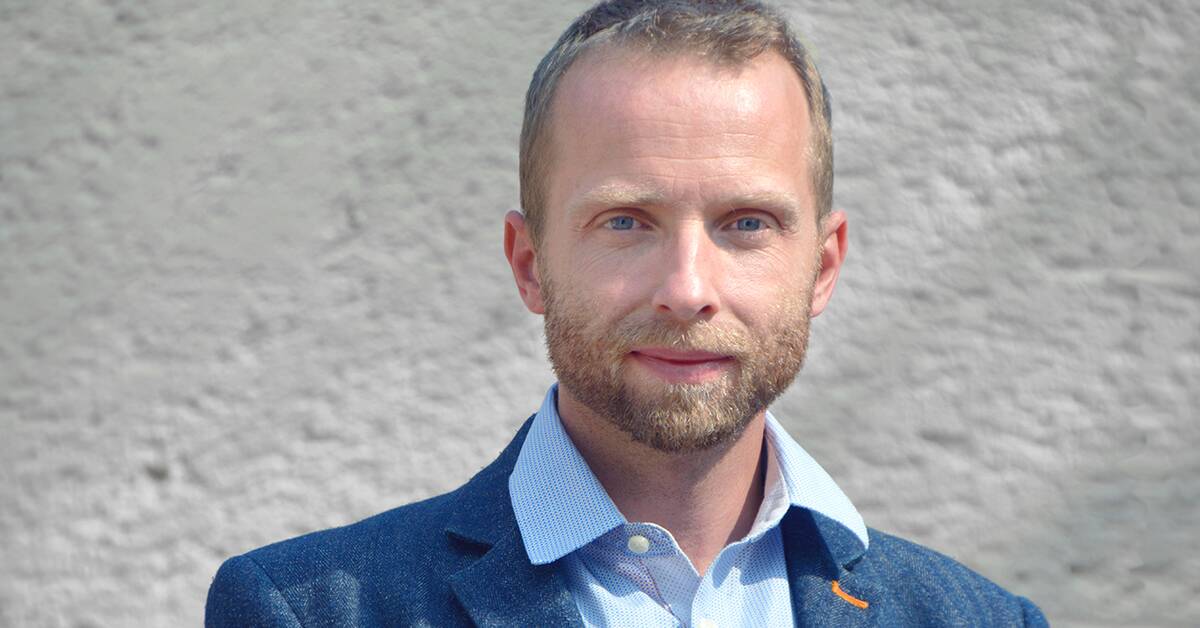When the African and European unions now meet in Brussels, every effort is made to present it as a meeting of two equal parties.
Both organizations want to move away from the relationship between donors and recipients.
But the mere fact that the African Union cannot finance its own activities gossips that there is still some way to go.
The EU has announced a € 150 billion investment package in Africa.
The initiative, called Global Gateway Africa, is a response to China's Belt and Road initiative.
These are investments in green energy conversion, digital investments, infrastructure and healthcare.
China's biggest right now
Africa is growing, both economically and demographically.
By 2030, 30 million Africans are expected to enter the labor market - every year.
It is a huge potential and it is the growing market that Europe does not want to lose ground in. China, which is Africa's largest trading partner, is gasping, but other players such as the USA, Russia and India are also on.
China has the advantage of not being an old colonial power and can with greater credibility present itself as an equal partner.
Europe and perhaps mainly France have work to do there.
African leaders hesitate
If Europe joins Africa in major investments in green energy, it can gain advantages over China, which is primarily a coal nation.
In addition to the detail of saving the world from global warming, of course.
But several African leaders hesitate and think that the continent must be allowed to build its economies with all available force before focusing on it.
Nearly 600 million Africans live without proper access to electricity.
The key to a good relationship is thus that Africa is no longer seen as a problem for Europe to solve.
But as long as war, terror, coups and corruption become problems on Europe's table, it is difficult to get out of the old relationship.

